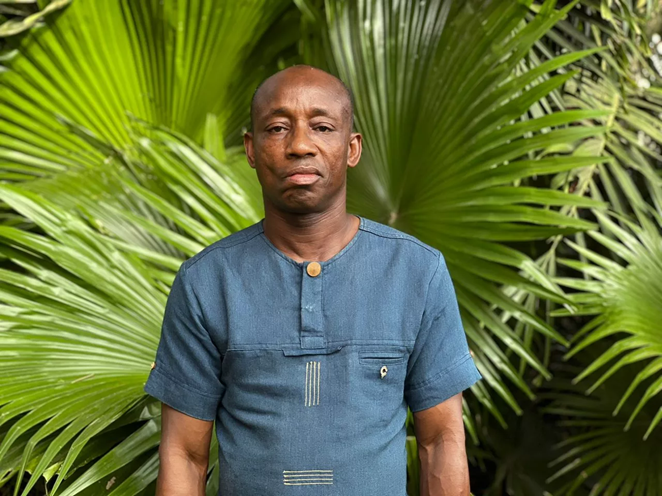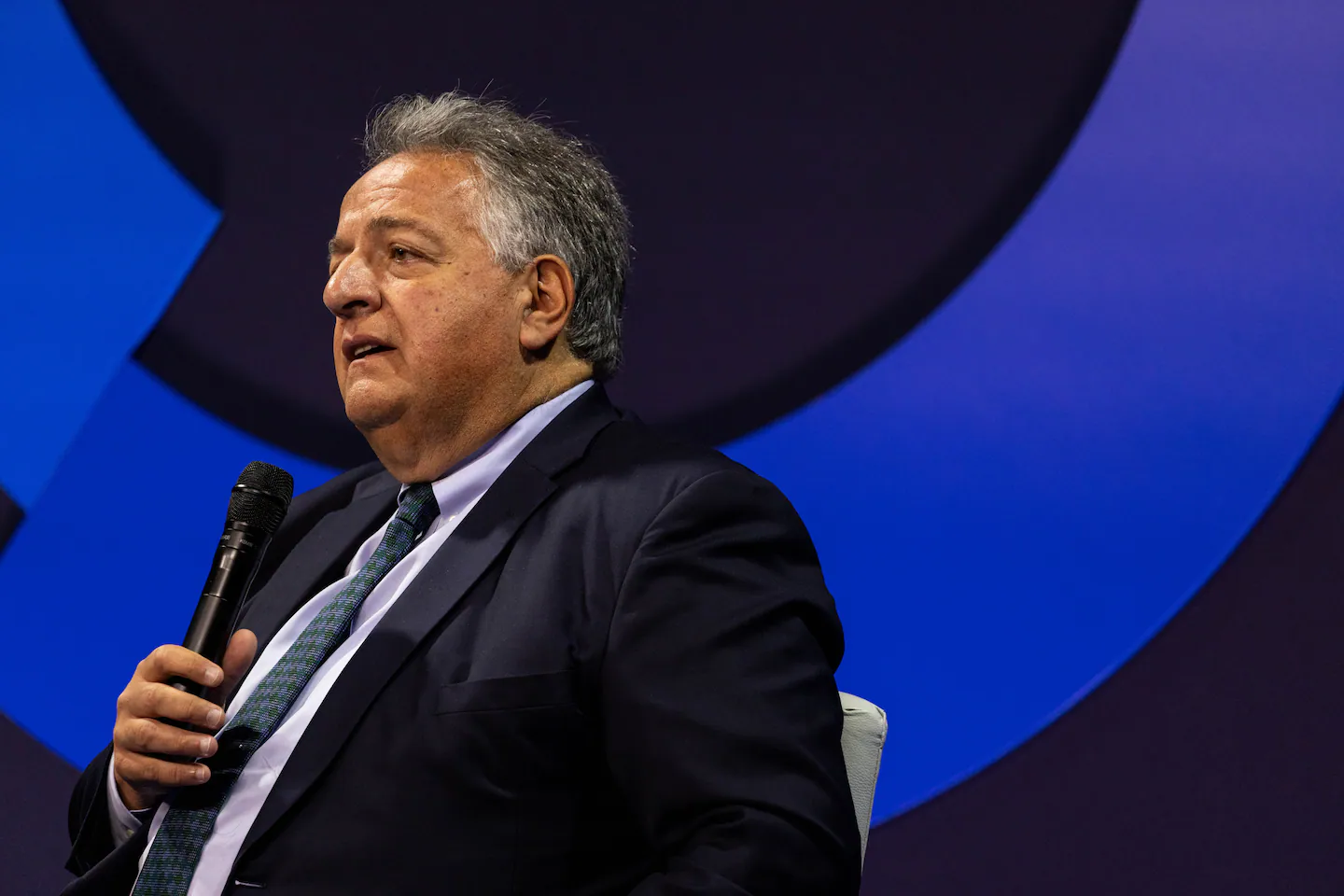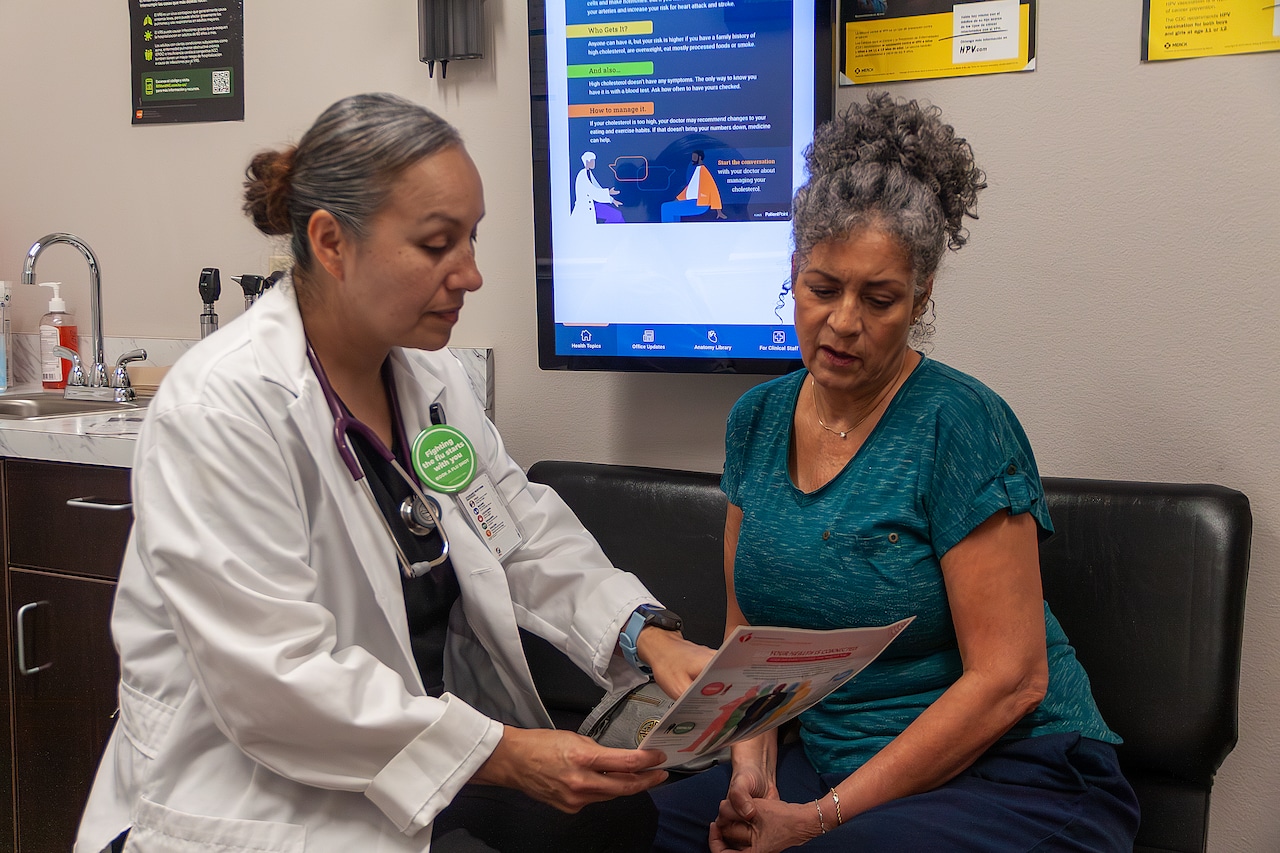Copyright ghananewss

By Ama Kudom-Agyemang The IUCN 2025 World Conservation Congress in Abu Dhabi, UAE, ended on Wednesday, 15th October, with a landmark decision that could shape the future of global conservation. Members voted to reject Motion 133 – a proposed moratorium on the genetic engineering of wild species; and to adopt Motion 087 – IUCN’s first-ever Policy on Synthetic Biology and Nature Conservation. The outcome represents a decisive shift toward a science-based, case-by-case approach to using innovative genetic tools to address urgent conservation and public health challenges. The new policy provides a structured framework for assessing potential applications of genetic technologies, emphasizing transparency, scientific evidence, and rigorous risk assessments as the basis for decision-making rather than outright endorsement or rejection. An African perspective and context of the decision For Africa, the decision carries particular significance. National Director of A Rocha Ghana, Dr. Seth Appiah-Kubi, emphasized that the policy “sets out a responsible path forward based on evaluating each application on a case-by-case basis, guided by science-based risk assessments, ethical standards, and respect for the rights of Indigenous Peoples and local communities.” He noted that “existing conservation tools alone cannot reverse biodiversity loss,” adding, “we need innovations to complement available tools and protect endangered species, increase genetic diversity, and improve adaptability and resistance to pathogens.” Dr. Appiah-Kubi described the policy as one that “empowers members with a toolkit to guide decisions, and supports countries in making informed choices, especially in low and middle-income countries, where biodiversity loss is accelerating.” Founder and Executive Director of Speak Up Africa, Yacine Djibo said the decision represents a major step forward for both conservation and public health. “By adopting IUCN’s Policy on Synthetic Biology and rejecting a moratorium, the World Conservation Congress has endorsed a context-specific, science-based approach to the use of genetic tools for public good,” he stated. Djibo emphasized the African context, noting that malaria remains one of the continent’s biggest public health challenges, killing one child nearly every minute. “The potential to use genetic technologies to reduce malaria-carrying mosquitoes offers hope to help reverse stalled progress and save lives,” he said, adding that the decision “keeps all potential options on the table for addressing Africa’s most pressing challenges.” Balancing science, ethics, and conservation needs The Outreach Network for Gene Drive Research, a global coalition promoting responsible genetic research, welcomed the outcome as a “constructive, balanced and science-based approach towards the potential application of this emerging field for conservation.” In a statement, the Network noted that the escalating biodiversity crisis poses a grave threat to life on Earth, with more than a million species at risk of extinction. “Synthetic biology, including genetic engineering, offers new hope for solutions that can rise to the scale and urgency of the challenge,” it said. While acknowledging that the policy is not a blanket endorsement of synthetic biology, the Network stressed that it provides “an important framework for informed, responsible decision-making on a case-by-case basis according to scientific evidence and risk assessments.” It further urged governments to make decisions aligned with their national priorities and contexts. The Network added that IUCN’s adoption of the policy also signals support for ongoing research into synthetic biology for other applications, including the control of vector-borne diseases such as malaria and dengue. “This allows continued exploration of potentially transformative new tools for addressing some of the world’s most persistent and pernicious health challenges,” the statement concluded. A boost for research and food security Director of the Eastern Africa Hub and Leader of the Biotechnology Program at the International Institute of Tropical Agriculture (IITA), Dr. Leena Tripathi, described the decision as a victory for researchers and a relief for the scientific community. “This decision upholds the value of scientific research and the significant potential that synthetic biology has for tackling some of the world’s most pressing challenges, including achieving the 70 percent increase in food production needed to meet demand by 2050,” she noted. Dr. Tripathi added that “it also provides governments with an evidence-based framework for navigating new applications of biotechnology to determine their suitability on a case-by-case basis.” Conservation science at a crossroads For conservationists, the IUCN decision marks a turning point in how science and policy intersect. Vice President for International Policy at the Wildlife Conservation Society (WCS), Dr. Susan Lieberman, said the resolution “offers enormous potential to complement existing conservation tools at a time when current approaches are no longer sufficient to keep pace with biodiversity loss.” She emphasized how the resolution accepts that synthetic biology applications should be considered on a case-by-case basis in line with international frameworks. “It recognizes the importance of taking informed decisions based on scientific evidence and rigorous risk assessments when weighing up how to address each conservation challenge.” Similarly, Director of Conservation Genetics at the San Diego Zoo Wildlife Alliance, Oliver Ryder, noted that the policy “provides a critically important decision-making framework to evaluate opportunities for synthetic biology to contribute to conservation goals.” He cited the example of the first cloned black-footed ferret, born in 2020 using preserved genetic material, as proof of how advanced biotechnologies can restore lost genetic diversity and boost endangered species’ survival chances. Inside the policy: IUCN’s voice on the future of conservation According to IUCN Chief Scientist, Thomas Brooks, the new policy is a timely response to the rapid advances in synthetic biology and their growing implications for nature conservation. He explained that it provides “a guiding framework shaped by the perspectives of our members through the most inclusive consultation process ever undertaken in IUCN,” adding that “it underscores the Union’s role in steering difficult global debates.” Co-Chair of the Policy Development Working Group, Maria Julia Oliva, added that the policy is “a vital step that brings both hope and caution,” allowing innovation while insisting on scrutiny. “It ensures conservation uses of synthetic biology proceed with a precautionary approach, and that other sectors incorporate nature conservation concerns into their applications,” she explained. Reflecting on the policy’s development, IUCN Councillor and Executive Director of Provita in Venezuela, Bibiana Sucre, highlighted the importance of the first-ever Citizens’ Assembly. “Representatives from 15 Member organisations across all IUCN regions spent a week in deliberations to produce 80 recommendations that fed directly into the final policy,” she said. For Co-Chair of the Working Group, Professor Zabta Shinwari, the adoption also signals a call to action. He stressed the need for “accessible capacity building on synthetic biology and nature conservation, including training and technical expertise to help members and partners engage effectively in policy development, implementation, and monitoring. Hope for fragile ecosystems The potential of synthetic biology to combat invasive species – a leading cause of extinctions, was another key consideration for delegates. Director of Impact and Innovation at Island Conservation, David Will, noted that invasive rodents like rats and mice have driven more than half of all known extinctions, mostly on islands. “By rejecting a moratorium on synthetic biology, IUCN has ensured research exploring promising new tools, such as gene drive technologies, can continue,” Will offered. He explained that “The future potential addition of targeted, scalable approaches to the island conservation toolbox could help more island communities remove invasive rodents, offering hope for protecting native wildlife on islands where existing conservation approaches are not enough.” A new era for conservation policy As the world grapples with accelerating biodiversity loss, climate change, and food insecurity, some observers see IUCN’s new policy as offering a balanced path: one that embraces innovation while ensuring accountability and caution. By bringing governments, scientists, and communities to the same table, the policy sets the stage for a new era of collaboration where science, ethics, and conservation goals converge for the planet’s future. Post Views: 36



